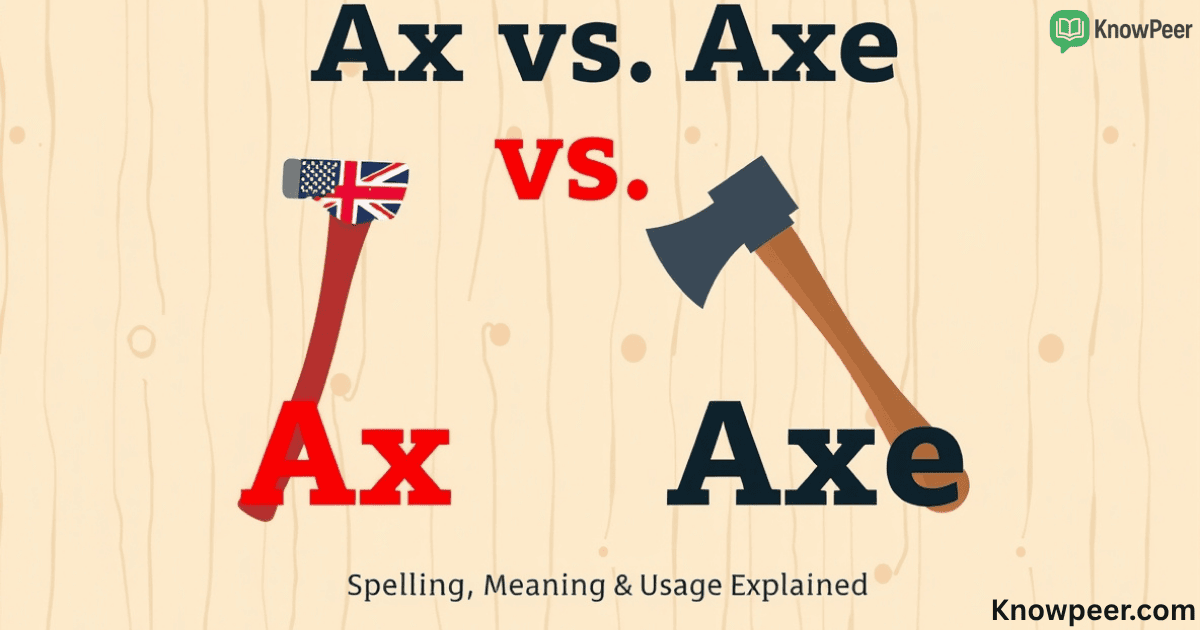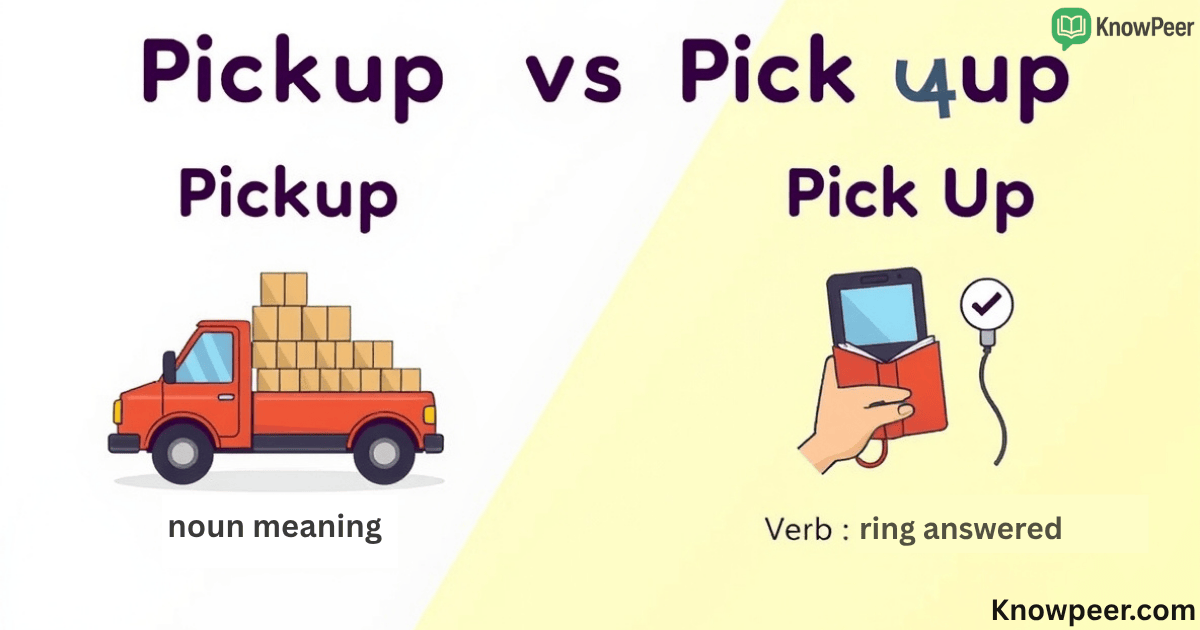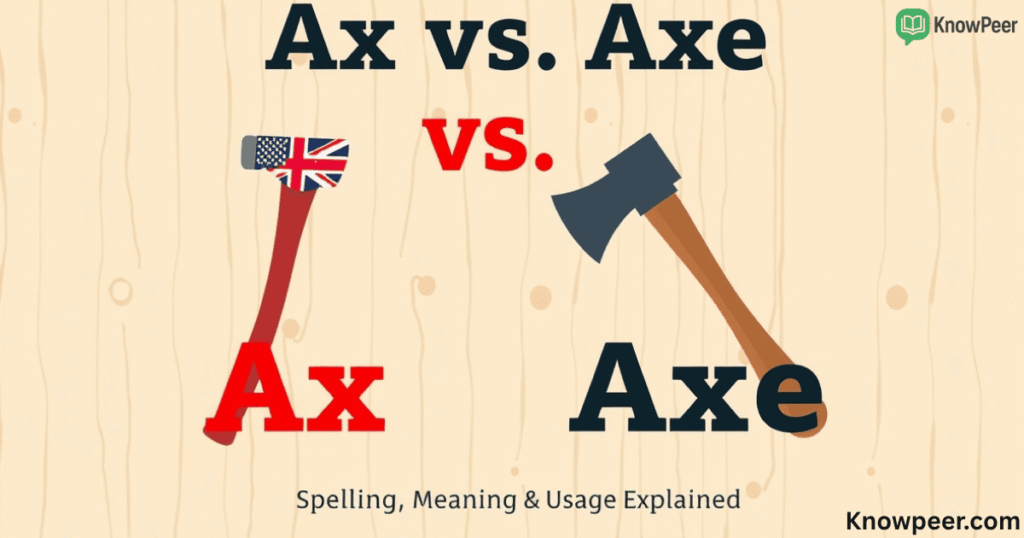Understanding the difference between since vs sense is more than a grammar drill. These two words look alike, but they carry completely different meanings. If you use the wrong one, your sentence can turn into something confusing or even funny. This guide breaks the words down in detail, giving you history, grammar rules, examples, and tips that will make everything clear.
Understanding Since
The word since has an old history in English, tracing back to Middle English where it meant “from the time that.” Over centuries, its meaning expanded, and today, we see it in different grammatical roles. As a conjunction, it shows both time and reason. For example, “I’ve known her since we were children” points to time, while “Since you are here, let’s start” shows reason. This dual role sometimes causes confusion because one word handles two ideas at once.
As a preposition, since it connects a starting point to the present. You can say, “He has worked here since 2012,” and everyone knows it is about duration. As an adverb, it can stand alone: “She left town and hasn’t been back since.” What makes since tricky is how one word can mean either a time marker or a reason indicator. Many learners also misuse since in formal writing when they mean only “because.” Writers often choose “because” instead to avoid any doubt.
| Role of “Since” | Example Sentence | Meaning |
| Conjunction (time) | I’ve lived here since I was ten. | Marks a starting time |
| Conjunction (reason) | Since it rained, we stayed home. | Shows cause or reason |
| Preposition | He has been here since Monday. | Connects past time to now |
| Adverb | She hasn’t called since. | Refers to time until now |
Exploring Sense
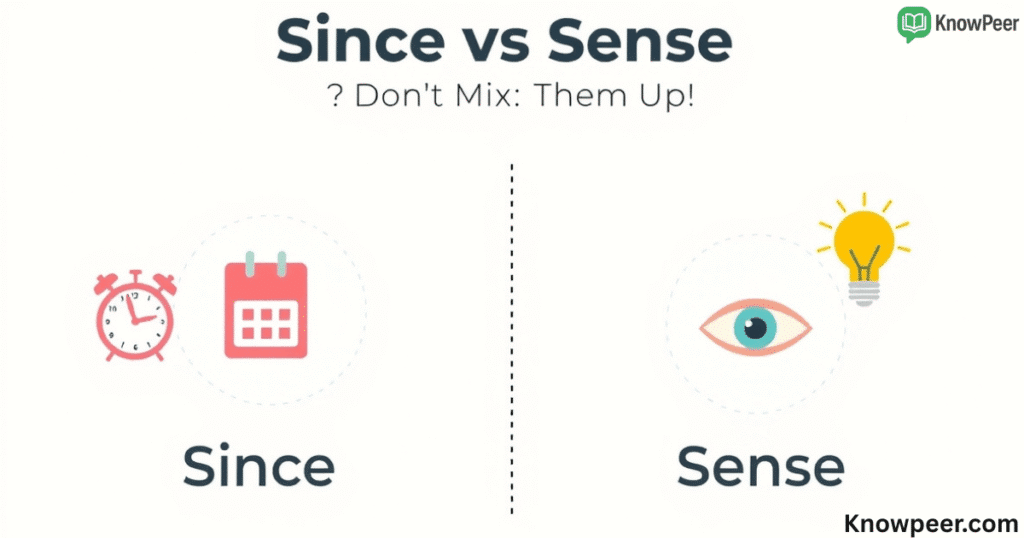
The word sense comes from Latin through Old French, originally tied to feeling and perception. Today, it appears in two main forms. As a noun, it captures perception, meaning, or judgment. For example, “Her sense of smell is strong” refers to physical perception. “That answer makes sense” refers to meaning. “Use your common sense” points to judgment. As a verb, sense means to detect or grasp something, such as “I sense danger ahead” or “He sensed she was upset.”
What makes sense powerful is how it covers physical feelings, logical understanding, and emotional awareness. You hear it in idioms such as “come to your senses,” “in a sense,” or “it makes no sense.” These phrases add richness to everyday English and are common in both speech and writing. Learners sometimes confuse sense with “feeling” or “logic,” but context usually clears the doubt. The word blends science, philosophy, and daily life in ways that keep it central in English.
| Role of “Sense” | Example Sentence | Meaning |
| Noun (perception) | Dogs have a keen sense of smell. | Physical awareness |
| Noun (meaning) | The plan makes no sense. | Logical understanding |
| Noun (judgment) | Use your senses before acting. | Practical wisdom |
| Verb | She sensed fear in his voice. | Detect or perceive |
Since vs Sense
The core difference is simple: since it connects ideas of time and reason, while sense deals with perception and understanding. They look alike but never overlap in meaning. Imagine this: “I haven’t eaten since morning” is about time. “That answer makes sense” is about understanding. Swapping the two would create nonsense.
Grammar highlights another difference. Since works as a conjunction, preposition, or adverb, while sense works as a noun or verb. One word ties things together; the other describes how humans or animals perceive and understand the world. To avoid mistakes, remember: since = connector, sense = content. Keeping this small rule in mind can save your writing from awkward confusion.
Practical Usage Guide
Let’s look at both words in real sentences. “I’ve lived here since 2010” clearly marks time. “Since you’re ready, we can start” gives a reason. On the other hand, “She has a good sense of humor” describes the perception of fun, and “This doesn’t make sense” shows logical meaning. When you see examples side by side, the gap between them is easy to notice.
Sometimes, tricky sentences make people pause. For instance, “Since you asked, I’ll explain” can confuse learners who think it’s about time when it really gives a reason. Similarly, “That sentence makes no sense” might be mistaken for a feeling, but it is about meaning. Reading carefully and checking context is the best way to stay safe.
Expanding Vocabulary & Alternatives
Learning alternatives for since and sense helps your writing stay fresh and flexible. When writers repeat the same word over and over, their sentences lose impact. By choosing synonyms wisely, you can make your work more engaging and precise. For since, the main roles are time and reason. In time expressions, words like from, ever since, after, or as of can be used. For example, instead of saying, “I’ve been here since Monday,” you might write, “I’ve been here from Monday onward.” This small change creates variety without changing meaning. When you want to show a reason, switch to because, as, given that, or due to the fact. For instance, “Since it was raining, we stayed home” becomes “Because it was raining, we stayed home.”
For sense, the story is different because it covers perception, logic, and judgment. If you mean physical feeling, you can try awareness, perception, sensation, or instinct. Saying “She has a sharp sense of smell” could be rewritten as “She has sharp awareness of smell.” If you mean logic or understanding, you can use meaning, logic, reason, or interpretation. “That doesn’t make sense” becomes “That doesn’t have logic.” These choices not only stop repetition but also highlight shades of meaning. Building a strong vocabulary through synonyms deepens your communication and gives readers a richer experience.
Cultural & Stylistic Insights
In British English, writers sometimes avoid “since” as a reason-giver in academic work because it can feel ambiguous. Instead, they prefer “because.” In American English, “since” is more freely used in both casual and formal writing. For sense, idioms change slightly across regions. For instance, “common sense” is universal, but phrases like “come to your senses” may carry stronger tones in some dialects.
Colloquial usage often relies on idioms. Phrases such as “make sense of,” “out of sense,” or “in a sense” appear everywhere, from newspapers to novels. These add natural rhythm and familiarity, showing that sense is not only about strict logic but also about how people express everyday thoughts.
Writing Tips & Common Errors
One of the biggest problems with since is ambiguity. A sentence like “Since he left, we’ve been happy” can mean “from the time he left” or “because he left.” Academic writers usually switch to “because” or “ever since” to avoid confusion. For example, overuse can weaken writing. If you write “sense” five times in one paragraph, it feels dull. Instead, mix in synonyms like “logic,” “reason,” or “awareness.”
A simple memory trick can help. Think of since as pointing back in time or explaining a reason. Think of sense as showing human understanding or perception. These quick tags act like mental flashcards, making it easier to pick the right word when you write or speak.
Interactive Practice
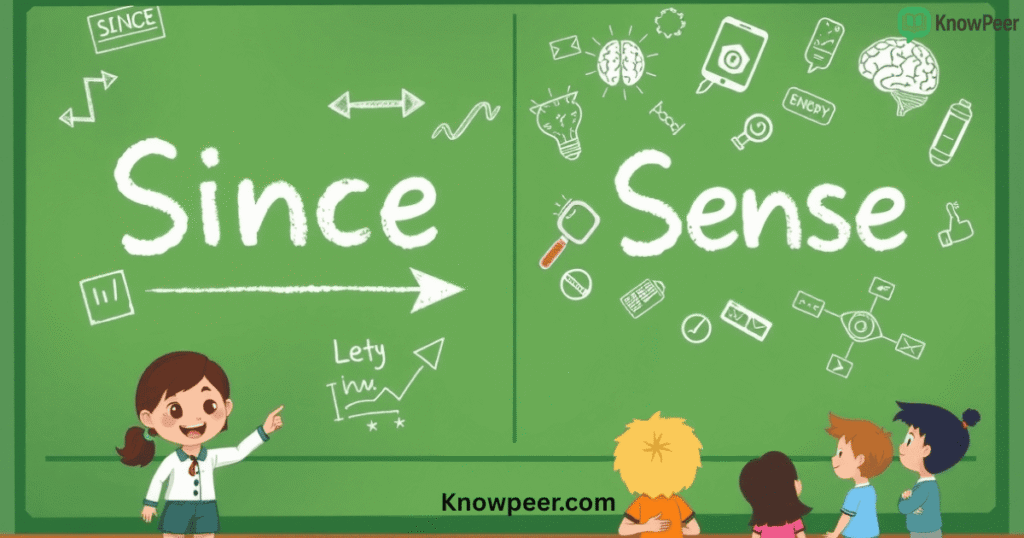
The best way to master since vs sense is to put the words into action. Reading rules is helpful, but trying them in real examples locks the knowledge into your memory. Imagine you are writing an email, a report, or even a casual text. If you choose the wrong word, your meaning changes completely. A short exercise will show how quickly context decides the answer.
| Sentence | Correct Word | Why it Fits |
| I haven’t seen her ___ last summer. | Since | It marks a time starting point. |
| It doesn’t ___ to buy what you can’t afford. | Sense | It shows logical meaning. |
| ___ you are here early, let’s start the meeting. | Since | It introduces a reason. |
| His strong ___ of smell helped him find the spice. | Sense | It points to physical perception. |
| She left the party and hasn’t been back ___. | Since | It refers to time until now. |
Now let’s try a case study. A manager once wrote: “___ the data makes ___.” If you choose “Since the data makes sense,” it means the information is logical. If you write “Sense the data makes since,” the sentence falls apart and confuses readers. This small shift shows how choosing correctly changes clarity. Practice often, and the choice between since and sense will soon feel natural.
Conclusion
The difference between since and sense is sharp once you know the rules. Since works as a connector for time and reason, while sense speaks to perception, meaning, and understanding. They may look similar on the page, but they live in different parts of English. Using them correctly will sharpen your writing and make your speech more natural.
Mastering small words like these is a step toward mastering English itself. When you choose carefully between since and sense, your sentences will not only be correct but also clear, confident, and powerful.



